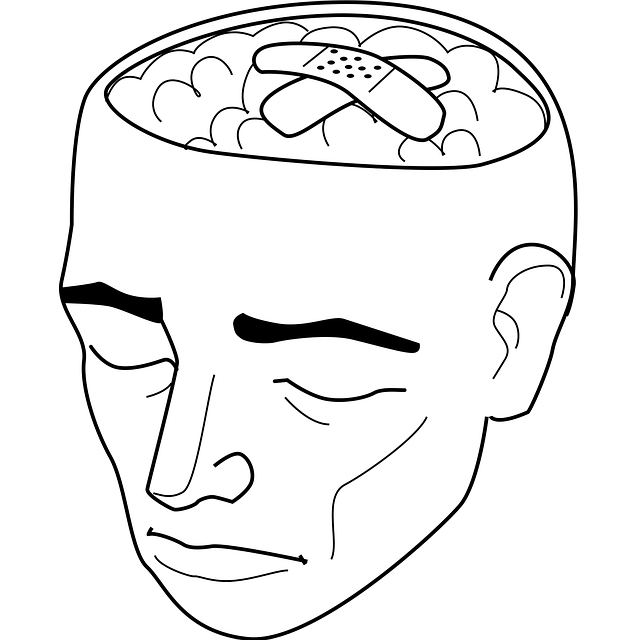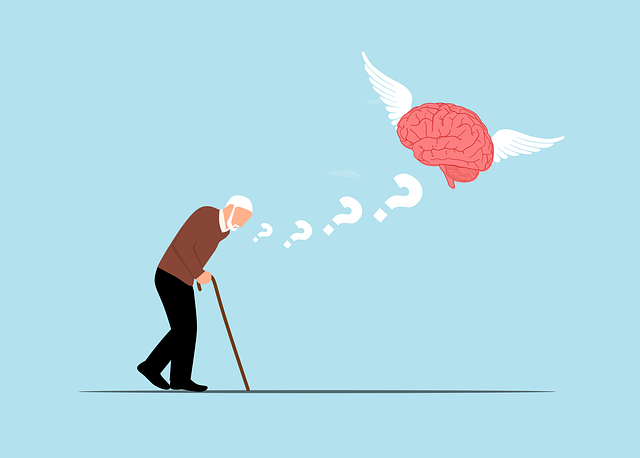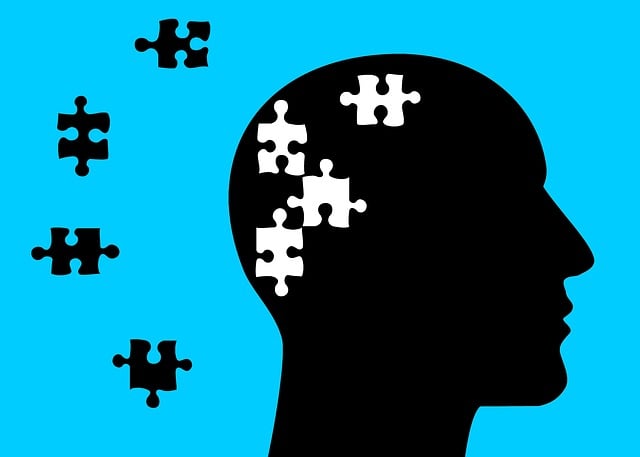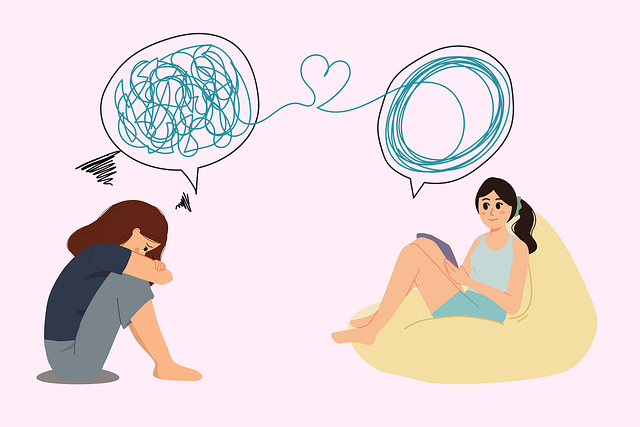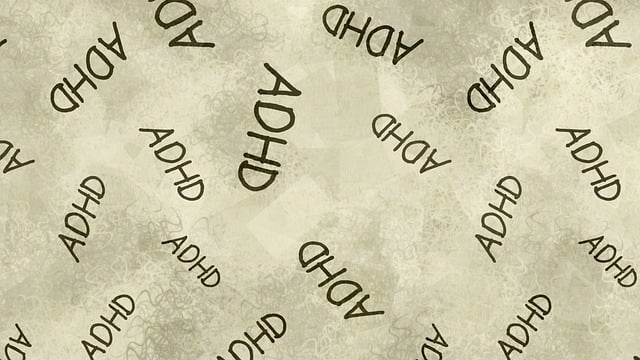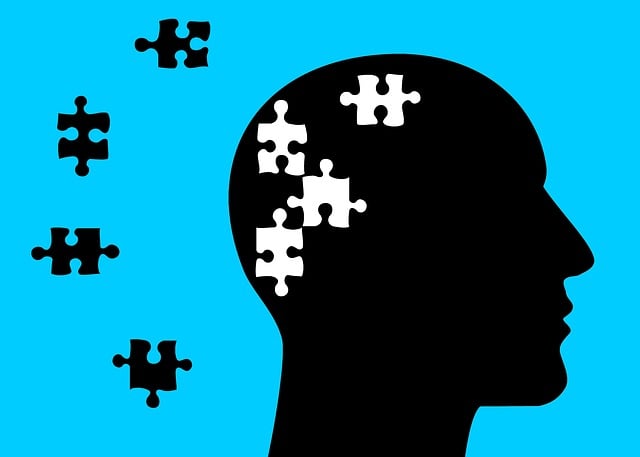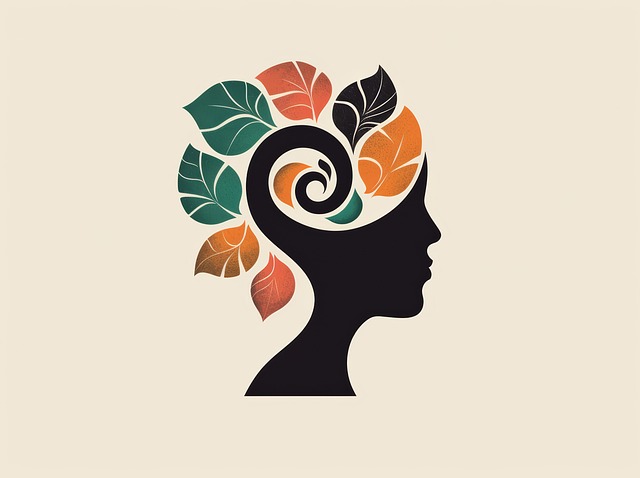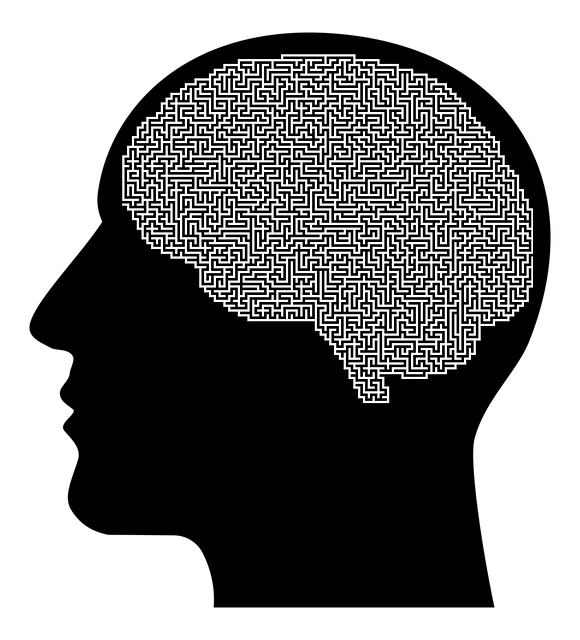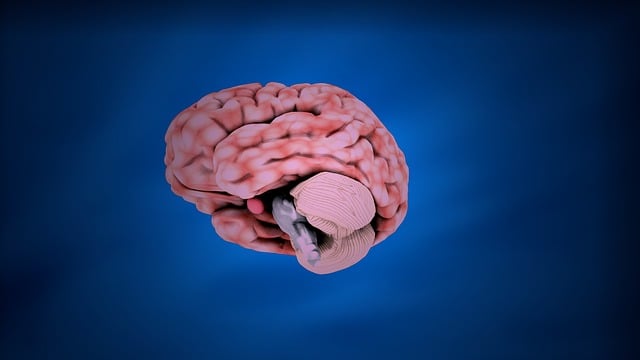Lafayette Geriatrics Therapy emphasizes cultural competency as a cornerstone of quality patient care, aiming to bridge gaps between healthcare providers and diverse patient populations. Through comprehensive training programs featuring interactive workshops, case studies, and peer discussions, they equip professionals with tools to understand and respect cultural differences, improve communication, reduce mental health stigma, and ultimately enhance patient outcomes. This multi-faceted approach ensures Lafayette Geriatrics remains at the forefront of inclusive healthcare practices, catering to the evolving needs of both providers and their communities.
Healthcare provider cultural competency training is an essential component of delivering high-quality patient care. In today’s diverse society, understanding and respecting different cultures are crucial to building trust and improving outcomes. This article explores these aspects through three key sections. We delve into the significance of cultural competency in healthcare, examine Lafayette Geriatrics Therapy’s role in promoting cultural awareness and sensitivity, and discuss effective training program implementation strategies for continuous improvement.
- Understanding Cultural Competency in Healthcare: A Necessity for Quality Patient Care
- The Role of Lafayette Geriatrics Therapy in Promoting Cultural Awareness and Sensitivity
- Implementing Effective Training Programs: Strategies for Continuous Improvement in Cultural Competency
Understanding Cultural Competency in Healthcare: A Necessity for Quality Patient Care

In today’s diverse healthcare landscape, cultural competency is no longer an optional skill but a necessity for delivering quality patient care, especially in practices like Lafayette Geriatrics Therapy. Understanding and respecting cultural differences can significantly enhance the patient experience, improve communication, and lead to better health outcomes. Cultural competency involves recognizing and appreciating diverse beliefs, values, behaviors, and languages, ensuring that healthcare services are accessible and appropriate for all individuals, regardless of their background.
This concept is particularly crucial when addressing mental health concerns, such as depression prevention, where cultural context plays a significant role. For instance, risk management planning for mental health professionals should incorporate cultural sensitivity to ensure safe and effective treatment. Mental Health Awareness training can empower healthcare providers to create inclusive environments, fostering trust and encouraging open dialogue, ultimately benefiting patients’ overall well-being.
The Role of Lafayette Geriatrics Therapy in Promoting Cultural Awareness and Sensitivity

Lafayette Geriatrics Therapy plays a pivotal role in fostering cultural awareness and sensitivity within healthcare settings. Recognizing that diverse patient populations bring unique perspectives, experiences, and needs, the therapy center has pioneered initiatives aimed at bridging cultural gaps. Through comprehensive training programs, healthcare providers gain insights into the intricate web of cultural beliefs, traditions, and values that shape patient interactions. This not only enhances care quality but also fosters a more inclusive environment.
One notable aspect of Lafayette Geriatrics Therapy’s approach is its emphasis on Mental Illness Stigma Reduction Efforts. By providing guidance on mental wellness journaling exercises, they empower individuals to express their inner strength and overcome barriers associated with seeking help. These efforts are crucial in promoting open conversations about mental health, a step vital for improving patient outcomes and overall well-being.
Implementing Effective Training Programs: Strategies for Continuous Improvement in Cultural Competency

Implementing effective training programs is paramount for healthcare providers aiming to enhance their cultural competency. At Lafayette Geriatrics Therapy, we understand that fostering an inclusive environment requires continuous learning and adaptation. Our strategy involves a multi-faceted approach, incorporating interactive workshops, real-life case studies, and peer discussions to engage participants actively in the learning process. This dynamic methodology ensures that healthcare professionals not only grasp cultural nuances but also develop practical skills for effective communication and care delivery.
Through these training sessions, we delve into various topics such as stress reduction methods, social skills training, and anxiety relief techniques tailored to diverse patient populations. By equipping providers with the tools to navigate complex cultural landscapes, we aim to improve patient outcomes and create a more harmonious healthcare experience. Regular updates and ongoing evaluation ensure that our programs remain relevant and effective, reflecting the evolving needs of both healthcare professionals and the communities they serve.
Cultural competency training is a game-changer in healthcare, ensuring providers can offer quality care tailored to diverse patient needs. As discussed, Lafayette Geriatrics Therapy leads by example in promoting cultural awareness, demonstrating how such initiatives improve patient outcomes and satisfaction. By implementing effective training programs that incorporate real-world scenarios and continuous feedback, healthcare organizations can enhance their cultural competency. This approach not only respects but also values the unique backgrounds and perspectives of patients, fostering a more inclusive and effective healthcare system.
